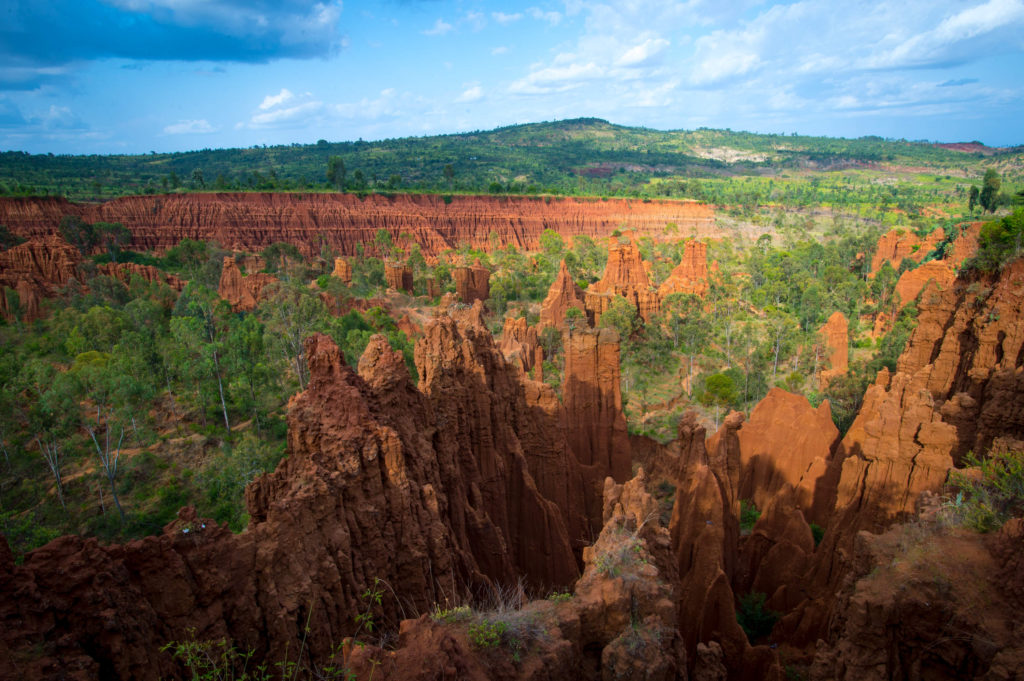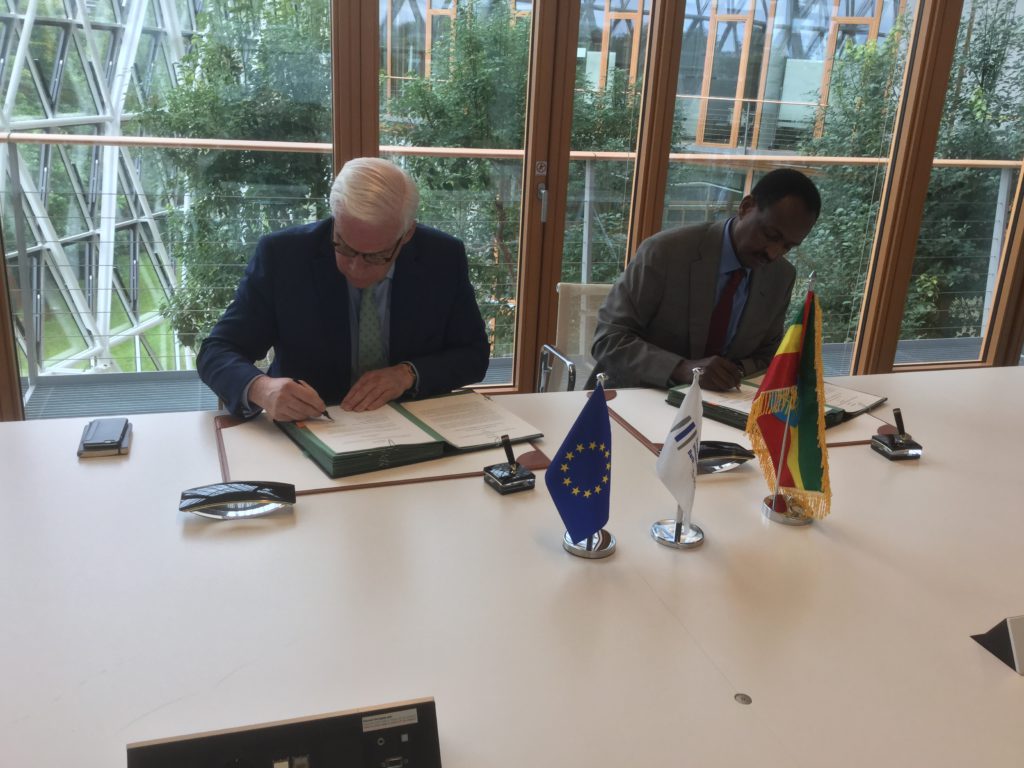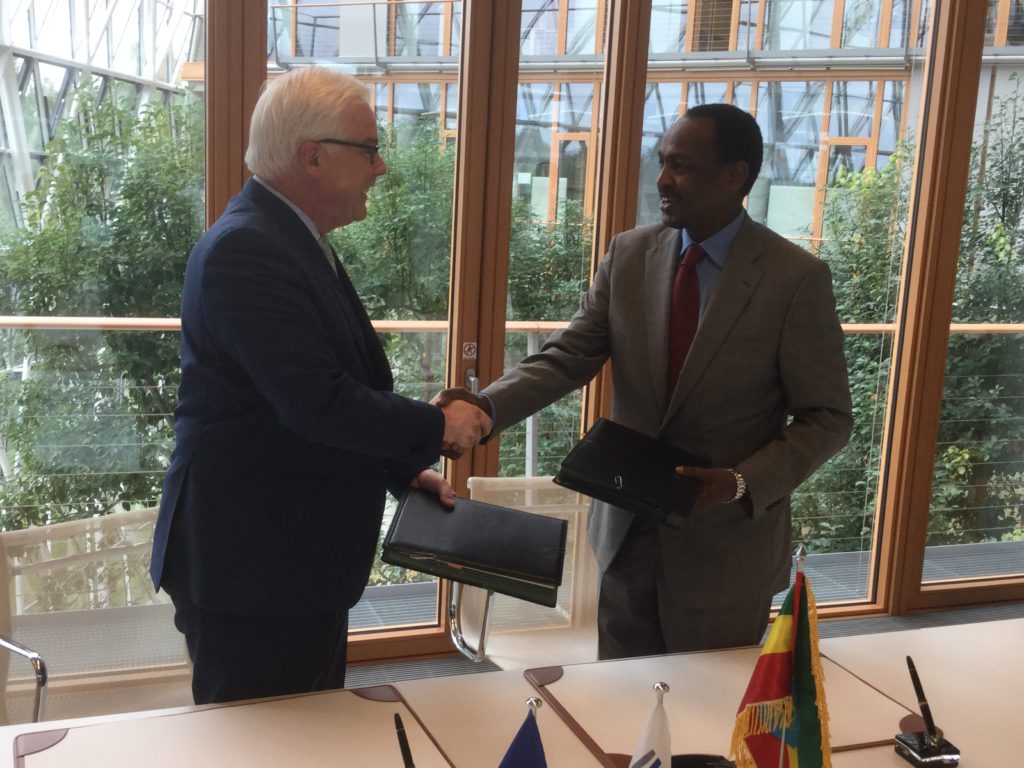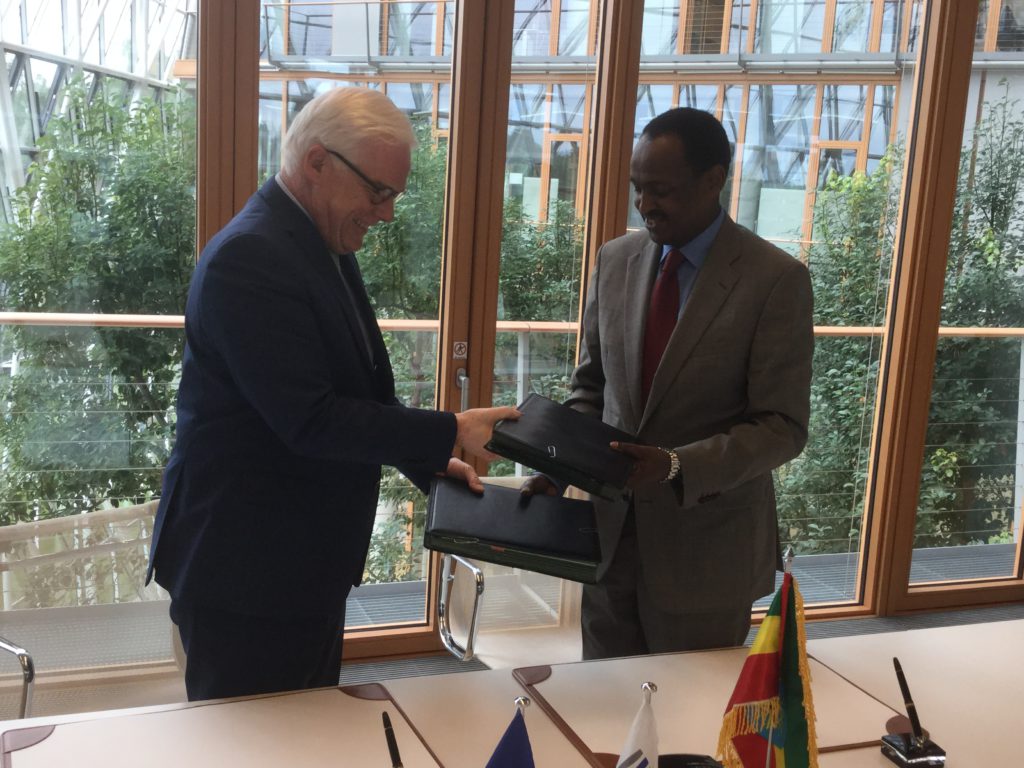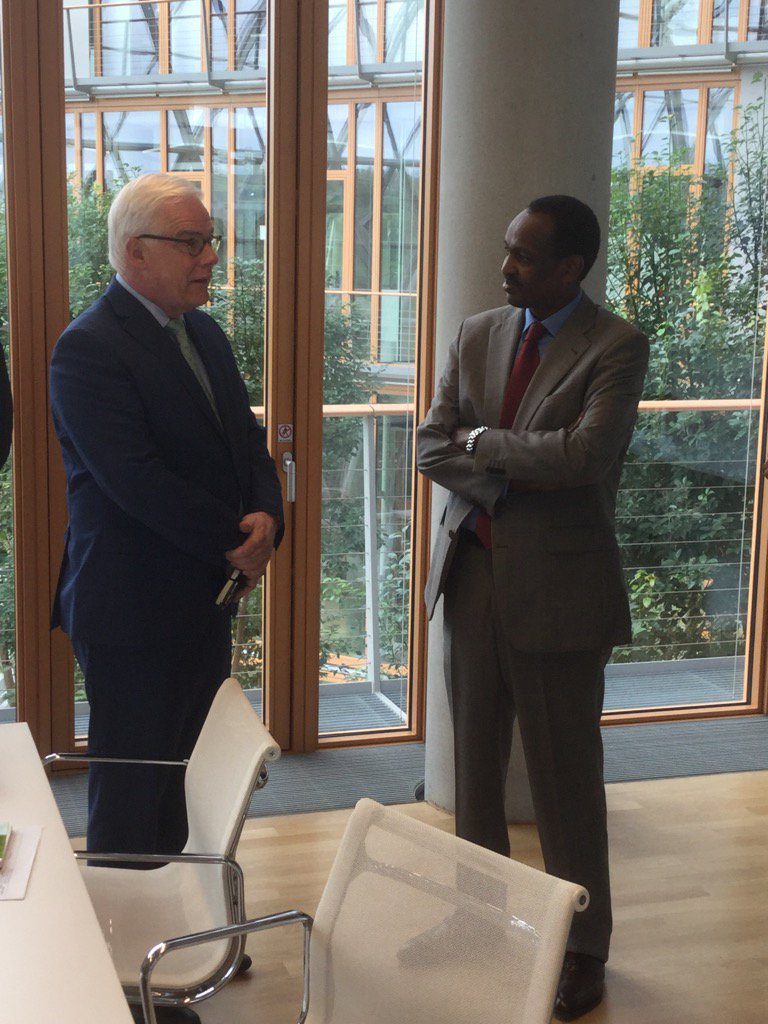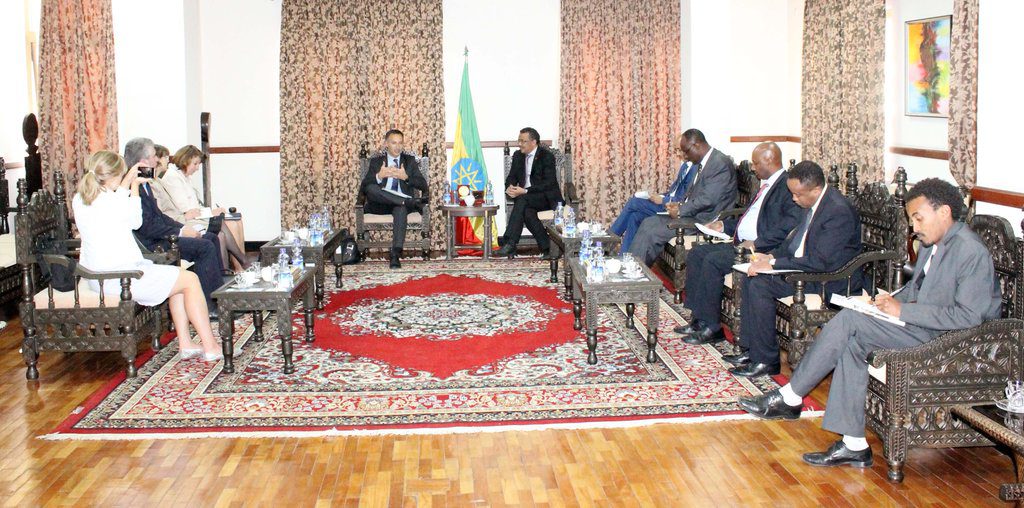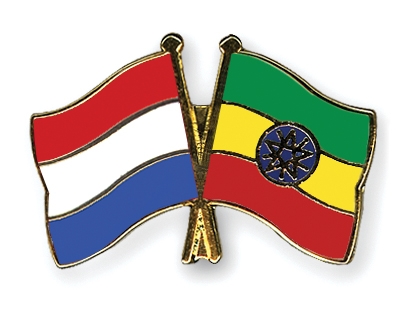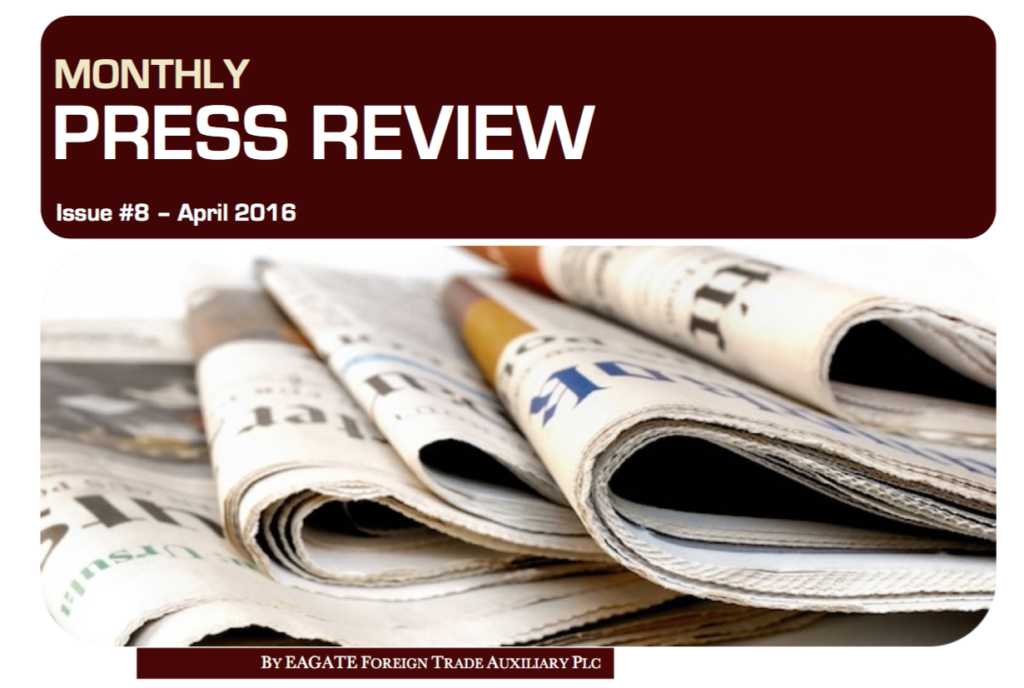This article was originally published in The Ethiopian Messenger, the quarterly magazine of the Embassy of Ethiopia in Brussels.
Tourism is emerging as Ethiopia’s fastest growing economic sector and the government, with its feasible policy and commitment, is registering a rapid growth in terms of generating foreign currency and a rising number of tourists visiting Ethiopia. The newly introduced tourism brand entitled ‘Ethiopia Land of Origin’ is believed to maximize the advantage that remains untapped when compared to the country’s multifaceted tourism attraction.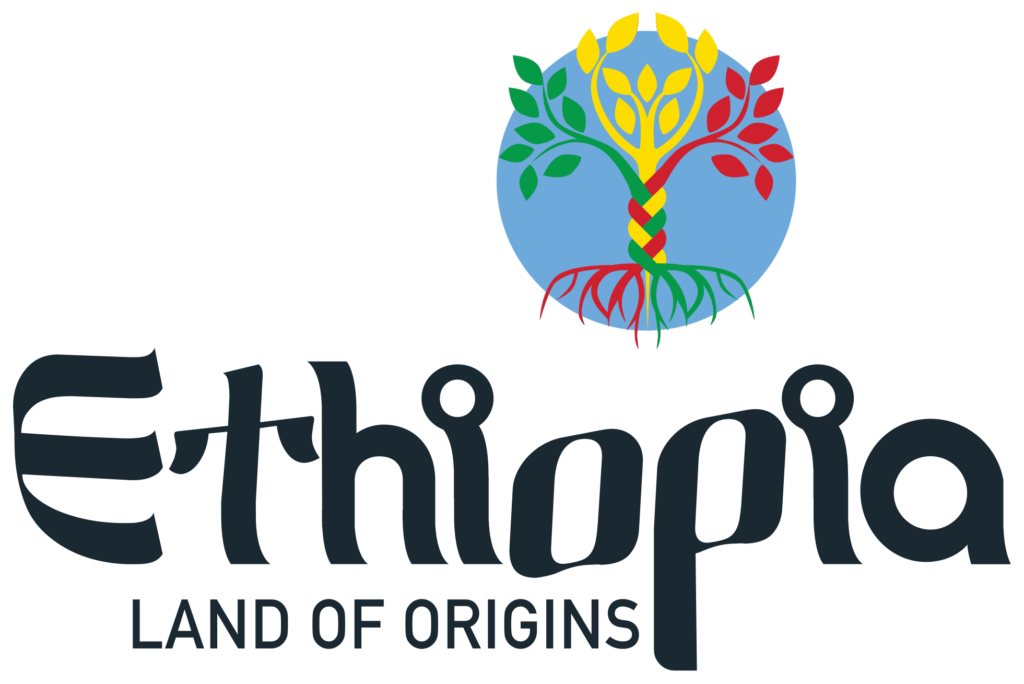
On the world stage, Ethiopia has been holding prominence to this date for being the cradle of humanity. With its unique heritage, the country is the origin of an ancient civilization endowed with a bountiful history and a vibrant culture combined with landscapes of vivid attractiveness. Most tourists who visit Lucy, the “grandmother of humanity” in Ethiopia’s National Museum have the feeling that they are visiting their own ancestors. Ethiopia is also the origin of coffee and the source of the majestic falls of Blue Nile with its smoke-like bounce of water droplets.
The impressive diversity of its people with over 80 languages and 200 dialects makes the country a melting pot of rich culture and civilizations coexisting in harmony and unity. Ethiopia is the only African country with its own distinctive script and calendar and remained sovereign throughout the centuries. The Bible and the Quranic manuscripts mentioned the name of Ethiopia several times and it is believed that Ethiopia is the first country in Africa to adopt Christianity in the 4th century and the first Muslims migrants found safe haven in Ethiopia from persecution. In the stage of the Olympics Games, Ethiopia seizes the designation of being a home to the world’s greatest runners.
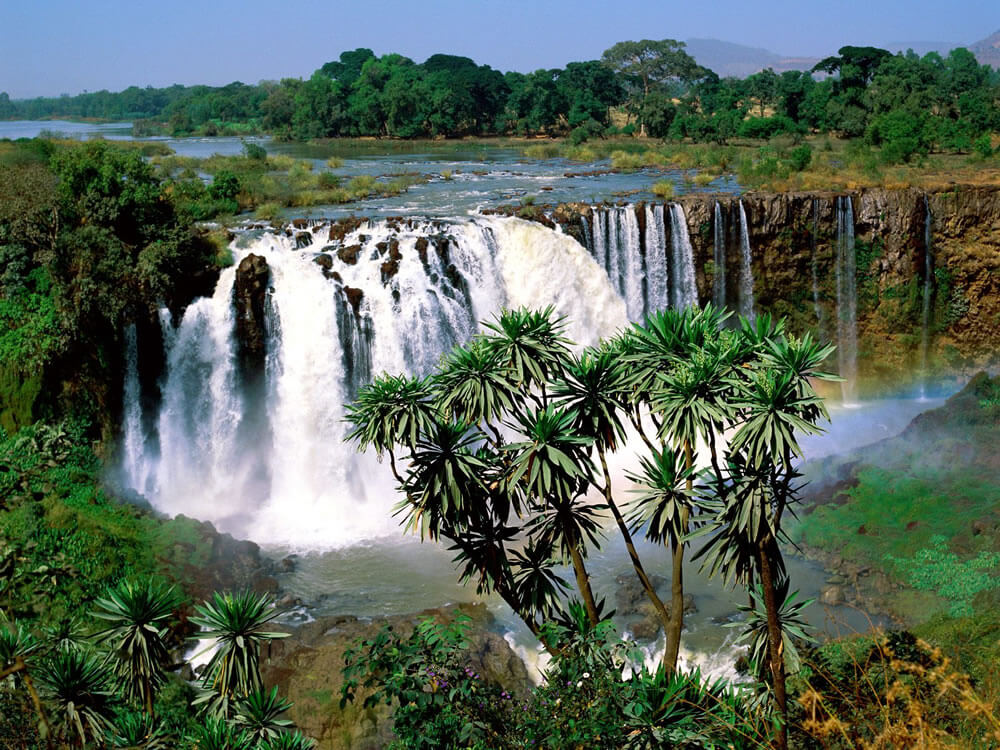
Additionally, Ethiopia exhibits nine world heritage sites inscribed in UNESCO’s World Heritage list such as the Aksum obelisks, the magnificent rock-hewn churches of Lalibela and the spectacular landscapes of the Simien Mountains inhabited by the rare species of the Waliya Ibex and the bleeding heart Gelada Baboon. Becoming increasingly aware of the phenomenal gifts of the country, tourists have been increasingly fleeing to Ethiopia for their annual escape. The diversity of its touristic destinations enables visitors to experience exceptional historical, cultural, archeological and natural beauty, placing the country as the most unique tourism destination in Africa. The Ethiopian government, with the view of developing the sector’s contribution to the economy, is keen in implementing several measures. Thanks to the resulting dramatic increasing of the flow of tourists to the country, tourism is now backing the growing national economy.
According to the Ministry of Culture and Tourism (MoCT), Ethiopia earned $2.9 billion in the fiscal year of 2014-15, contributing 4.5% of the country’s GDP. During the last six months of the current fiscal year (2015-16) only, more than $1.7 billion have been raised. The report presented to the Parliament by the MoCT also reveals that tourism generated $2.6 billion in the past nine months as a result of the visit of 700,000 foreign tourists. Moreover, Ethiopia aims to generate $6 billion from the growing sector of tourism by raising the number of tourists to 2.5 million by 2020.
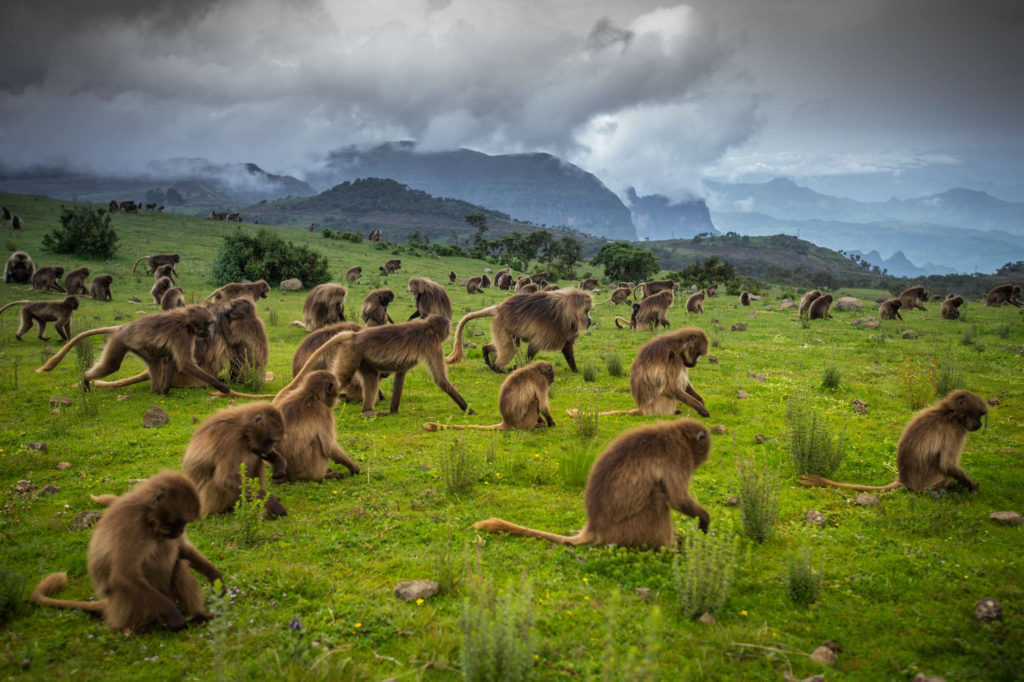
The economic contribution of the tourism sector can also be best explained by the jobs created for over a million people. Similarly, the tourism sector is generating foreign direct investment and the country is under a remarkable infrastructural revolution, meeting the required standards of the sector. Ethiopia is now under massive transformation in many respects of its development in general and of its tourism sector in particular.
The increasing results in the tourism sector recorded so far are a result of the meticulously designed workable policy and determined leadership of the government. This has brought a renowned recognition to the country by several international organizations, such as the European Council on Tourism and Trade which has recognized Ethiopia as the World Best Tourism Destination and awarded Prime Minister H.E. Hailemariam Dessalegn for his leadership role in promoting tourism as a tool for economic development of Ethiopia. The late Prime Minister Meles Zenawi once stated that the development of sustainable tourism “can play more significant role in the war on poverty, both in Ethiopia and Africa as a whole”, elucidating Ethiopia’s determination to be among the top five tourist destination in Africa by 2020.
Ethiopia is the seat of African Union, UNECA and other international and regional organizations and this has created a valuable opportunity for the country to benefit from the conference tourism and from the MICE Industry in general. The opportunities in this sector have not been taped yet compared to the existing potential of the country in business related tourism. The government is striving to sustain the development of the tourism sector by raising the public and private investment and engaging the people at large.
The government of Ethiopia, as part of the second Growth and Transformation Plan (GTP II) that aims to achieve a holistic transformation to the country, introduced in March 2016 a new tourism brand “Ethiopia Land of Origins” replacing the famous “13 Months of Sunshine”. The introduction of the brand was revealed on a newly launched and elegant website(www. ethiopia.travel) to inform the world that Ethiopia is more than ever ready to welcome tourists aspiring to follow the tracks of their ancestors.
The brochure of the newly launched brand presents the 10 unique experiences tourists will be able to enjoy only in Ethiopia:
- Meet your ancient ancestor the hominoid skeleton of Lucy at the national museum. You will surely be marveled by the mystical churches of Lalibela, hand-hewn from rock signifying the New Jerusalem of Africa.
- If you wish to walk in the footsteps of the Queen of Sheba and find out about the biblical Ark of Covenant, you will definitely need to visit the city of Aksum. Visit the castles of Gondar, unique in Africa, and go back to a time of powerful kings.
- Discover the astonishing mix of ethnic groups in southern Ethiopian and learn about their traditional way of living.
- Wander in colorful Harar, the old walled city of more than 80 mosques and the fourth most holy Islam site.
- Trek the Simien Mountains, the Roof of Africa, and enjoy endless vistas or hike in Gheralta to experience the spirituality of centuries old churches dotted among steep pink cliffs.
- Explore the out-of-this-world landscapes of the Danakil Depression, one of the lowest and the very hottest place on Earth, and climb the Erta Ale volcano.
- Tour the lakes and parks along the Great Rift Valley − the only geographical feature visible from the moon.
- Take a boat trip on Lake Tana, the source of the mighty Blue Nile, to discover its islands and monasteries.
